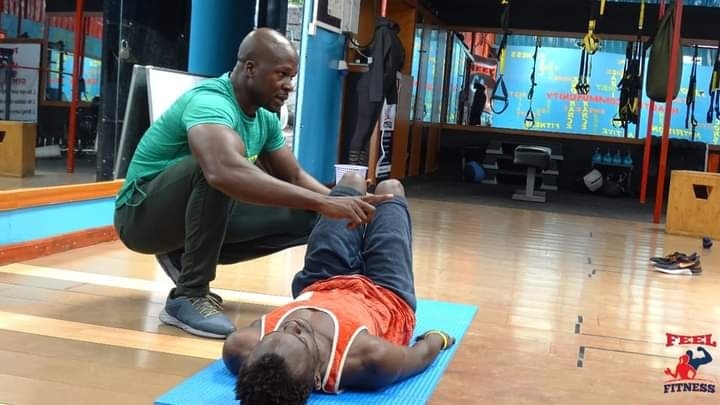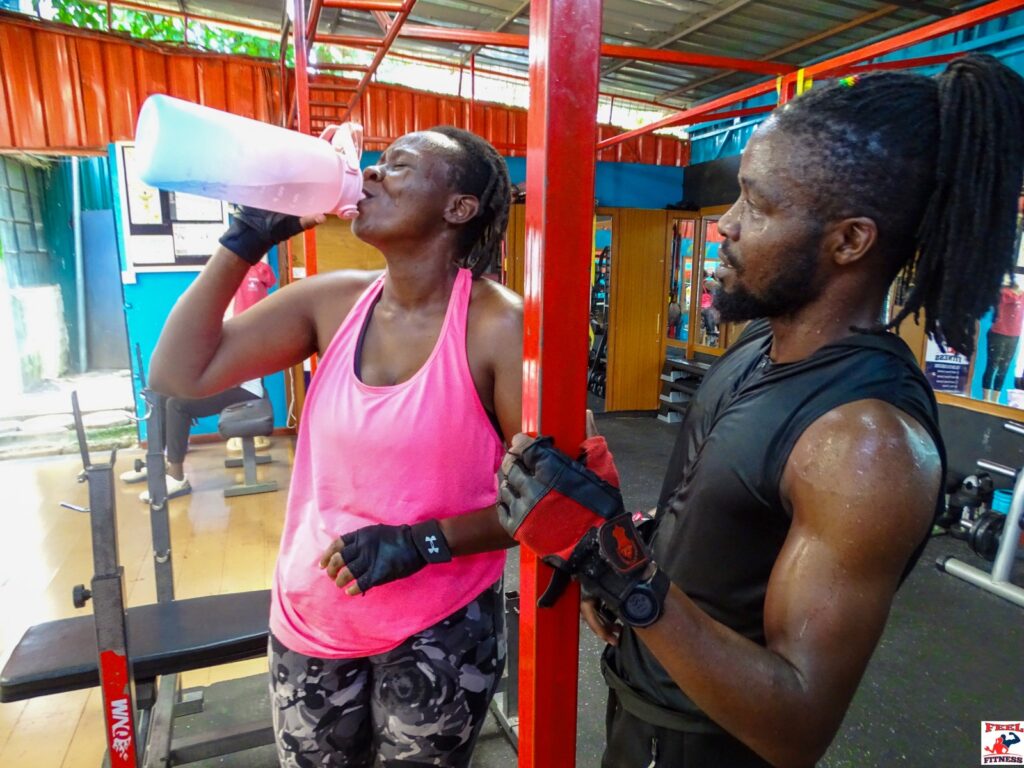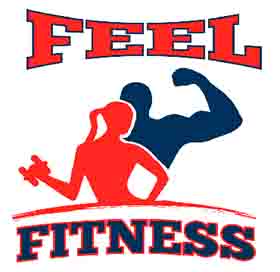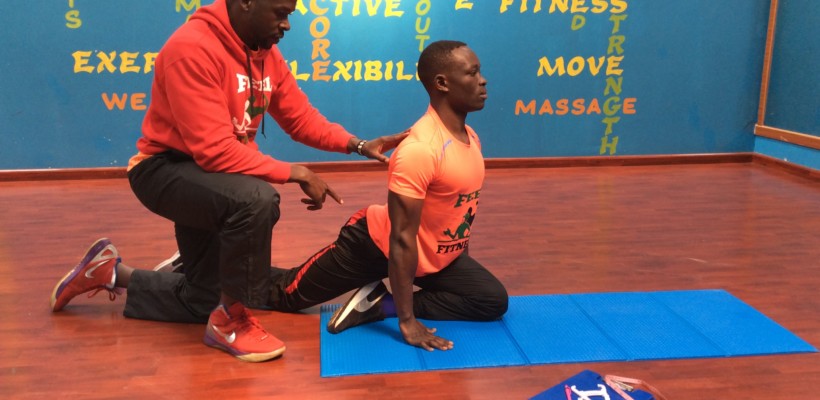I’ve often asked myself, “Why do I keep writing?” Is it the thrill of seeing my words dance on a page? The hope that one day I’ll go viral without pulling a muscle? Maybe. But deep down, I think it’s my relentless desire to build a healthier, stronger community—one squat, one laugh, and one well-planned fitness assessment at a time.
You see, fitness isn’t just about jumping into workouts like an action movie hero—no, my friend. It’s about working smart, not just hard. And that’s where qualified fitness trainers come in (yes, the ones who won’t let you skip leg day).
Philip Namasaka.
As I pour my heart (and maybe a little sweat) into this space, I hope it becomes your go-to fitness hub—a place where we grow physically, mentally, emotionally, and spiritually. Because true fitness isn’t just about getting abs; it’s about building a lifestyle so good that even the Lord would look at it and say, “Now that’s good!”
So let’s get moving—not because someone told you to, but because you value it. And if you’re still unsure where to start, don’t worry. That’s why we have assessments (and trainers who can tell you if your push-up form looks more like a nap position). Let’s do this the right way—smart, safe, and with a smile!
Would You Be Treated By An Unqualified Doctor?
It’s one thing to know what’s good for you—eat your veggies, get enough sleep, don’t ghost your gym membership. But knowing what’s good for someone else? Now that’s a whole different ball game. Designing a fitness program for one person is like cooking a meal for yourself—you know what works. But structuring a program for a diverse group? That’s like being a chef at a buffet with picky eaters, food allergies, and that one person who insists they’re “on a seafood diet” (they see food, they eat it).
Now, let me ask you—would you walk into a quack doctor’s office for treatment? Of course not! So why would you trust your body (the only one you’ve got, by the way) to someone whose only qualification is having six-pack abs and a good Instagram filter? Just because someone looks fit doesn’t mean they can train others effectively. That’s like assuming a great dancer can automatically teach choreography—sure, they move well, but can they help you move well without breaking your spine or leg?

Fitness isn’t a one-size-fits-all gig. It requires proper assessments, expertise, and an understanding of individual needs. So before you sign up for that random fitness class, make sure the person leading it isn’t just winging it. Because your health deserves more than guesswork—it deserves science, skill, and, most importantly, someone who actually knows what they’re doing!
Who Certifies A Personal or Group Fitness Trainer?
Roy Gichuhi stated it very well some days back in the Saturday Nation dated 29th February 2020. “Most of the fitness trainers, over the years, through trial and error have gathered practical instructional skills in conducting classes and some knowledge about weights and machines. Many of them, however, know dangerously little. Who certifies a personal or group fitness trainer anyway and where are gym instructors trained?” Is there a standard curriculum that professional gym instructors have to follow?” He wanted to know.
Supervised Exercise Programs.

Some Physical Education teachers have injured school children by pushing them beyond their limits while some coaches have ruined athletes’ careers by giving inappropriate routines. Some clients, having joined gyms have ended up with chronic back, knee, and shoulder injuries. Sadly, some members and even athletes have collapsed and died in the so-called gyms and fields doing exercise.
Their deaths and woes only underline the need for knowledgeable fitness professionals to provide sensibly supervised exercise programs. For those of us who self train through Google, she doesn’t accept liability for her prescriptions either. With the hundreds of fitness apps and You-tube workouts, whatever happens to you if Googles’ advice goes wrong, that will be your cross to carry. Ask Google.
Feel Fitness.
In the interest of Public Health and safety, all gyms should be regulated and all fitness professionals should be certified. The Fitness Professionals Association of Kenya is pushing for this. This break from the norm might be a perfect opportunity for us, fitness trainers, to upgrade our skills. It is important that we stay active and continue to look for ways to BOOST our immune system during this season as well. Before you resume your workouts or go back to training.
Who’s Leading Your Fitness Journey?
Before committing to a trainer, ask yourself: Can they prescribe exercises with the right intensity, duration, and frequency based on your test results and goals? Are they equipped to handle emergencies? Do they truly understand the principles and components of fitness, or are they just making it up as they go? Is your trainer also a dietitian or nutritionist, or are they handing out meal plans based on their personal preferences? Do they provide meaningful feedback and ensure you’re progressing toward your fitness objectives? Are they a role model, guiding you toward healthier habits rather than just shouting at you to do more reps? Most importantly, do they track your progress, assess your fitness levels, and have a solid understanding of anatomy and physiology? If the answer to most of these questions is no, then you might need to reconsider who’s leading your fitness journey. Because your health isn’t something to gamble with—it deserves expertise, structure, and someone who truly knows what they’re doing.

